Fabiola’s Story
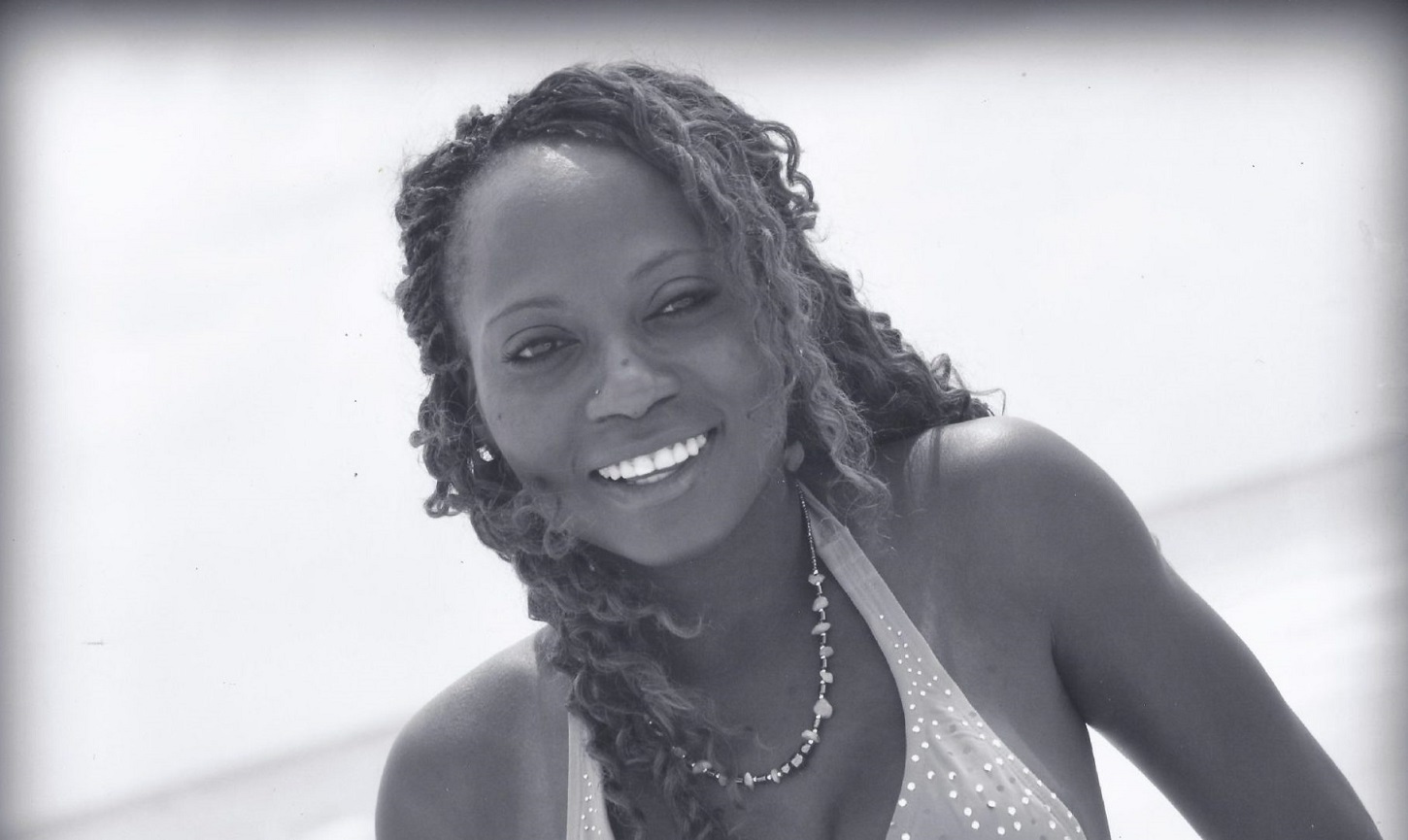
Subscribe to Catalyst
Subscribe to get our magazine delivered right to your inbox
Related Articles
Subscribe to Catalyst
Subscribe to get our magazine delivered right to your inbox
Related Articles
Addressing a void in mental health care systems
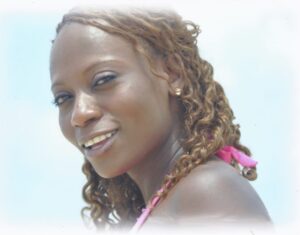
Fabiola Phillipe
Fabiola Phillipe — mother, sister, and friend — was kind, compassionate, generous, and humble. She also lived with mental health challenges that stemmed from experiences of loneliness and isolation during her youth. As she struggled with depression, she began using substances — as a comfort and a substitute for the support and understanding she needed.
Before her death in 2017, Fabiola’s struggle with addiction had lasted nearly two decades. While these years included periods of both contentedness and hopelessness, help always seemed beyond her reach.
As she sought out different institutions over several years, she either had difficulty accessing services or was turned away because her needs were considered beyond the scope of care. In response to such experiences, Fabiola began staunchly refusing treatment — despite the urging of family members — who felt unequipped and powerless to support her while trying themselves to navigate confusing health-care systems.
Based on the gaps they saw in the system, Fabiola’s sister, Marie Philippe-Remy, and daughter, Lydia Philippe, launched Fabiola’s Addiction and Mental Health Awareness and Support Foundation (FAMHAS) in 2018 to promote awareness and advocate for change in mental health care for African, Caribbean, and Black (ACB) communities.
Missing pieces
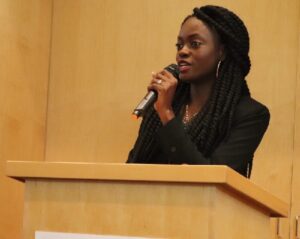
Fabiola’s sister, Marie Philippe-Remy
According to a Columbia University psychiatry department article, the adult Black community is less likely to seek support even though its members have a 20 per cent greater chance of living with serious mental health problems. Black emerging adults (ages 18-25) were also described as experiencing “higher rates of mental health problems and lower rates of mental health service use compared to White emerging adults and older Black adults.” While there are many reasons for such lower access rates in ACB communities, a 2020 Ottawa Public Health study emphasized three common themes: cost, wait times, and difficulty finding culturally competent providers with a shared identity and experience. By making care more difficult, these barriers exacerbate their mental health challenges.
As she provided support to Fabiola, Marie began learning more and more about mental health care systems. Yet, as her main champion, she often felt depleted when she could not find the care her sister needed. She was also regularly frustrated by her own inability to understand how Fabiola felt trapped by her depression and substance use. “How can you not want to get better?” she recalled asking herself at one point. Although caregivers who experience mental health challenges when supporting a loved one in crisis frequently express such sentiments, Marie’s question would help define FAMHAS’s focus: to address access barriers and stigma while offering complex, nuanced, community-focused care for ACB people experiencing mental health challenges.
Access and understanding
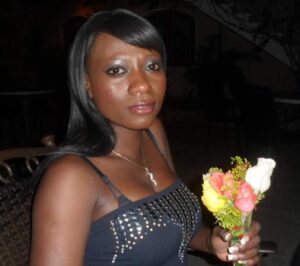
Fabiola Phillipe
Once FAMHAS was launched, it didn’t take long for Marie and Lydia to realize that ACB communities had little formal knowledge on mental health. Even after a dedicated search, there was no way to ignore this glaring gap. Where, they wondered, was the research, information, and organizations geared to mental health in these communities? With no answer in sight, they decided to use their own lived and living experience and reach out to their network.
“The best way to learn and reach the community was by actually talking to people,” Marie said. She explained that connecting with people who had been through similar situations was key to connecting, spreading awareness, and promoting understanding. Mental health has many faces and stories, but if you don’t see those people and hear their stories, how do you move past something like stigma?
The urgency of the foundation’s work became increasingly clear after key themes emerged from just a few conversations. For example, Marie and Lydia found that people wanted to break through what they saw as taboo. Simply having an open conversation about mental health and acknowledging it as a priority provided space for people in ACB communities to speak more freely. Without having to explain or defend themselves, meaningful conversations soon followed — and that had a domino effect. When FAMHAS presented its first Black Men Experience workshop, there were just two participants. But as word spread, it grew to 15, then 20. The Real Talk: Black Youth workshop saw a similar pattern.
“So many people are suffering in silence, and simply knowing that there’s help out there can change somebody’s life,” Marie said, noting that support is needed for those experiencing mental health challenges and other issues. She therefore advocates through FAMHAS for support systems that spread across networks and communities in a culturally relevant way, while acknowledging the complexity and diversity within ACB communities, which comprise numerous religions, cultures, languages, and ethnicities beyond a single “Black umbrella.”
That said, more work is needed to treat people in these communities with mental health concerns. Recent research from the Mental Health Commission of Canada (MHCC) found that trust is improved when the help seeker believes a health professional can relate to their experience. From the deep-rooted impacts of anti-Black racism to intergenerational trauma and cultural biases, sharing common ground facilitates connection building between patients and care providers. Unfortunately, few ACB psychotherapists are available in Canada today.
Because representation, cultural competency, and questions of affordability loom large — as do long wait lists — Marie sees that endorsing mental health work as a viable career path for ACB individuals is an important step in meeting this challenge. In the meantime, other steps being taken can be seen in the MHCC’s Case for Diversity project, a compilation of practices that are working in communities across the country.
So far, FAMHAS itself has also been able to offer 1,629 hours of free counselling — across seven provinces and territories in nine languages — to 701 applicants through a network of mental health professionals who have dedicated their personal time to the success of its mission. About 20 ACB professionals were able to see more than 400 applicants in three months, with a maximum wait time of just two weeks.
Marie is intent on building the foundation’s directory so more people can access such services. While free counselling is on hold until FAMHAS reignites its fundraising events, a gala is in the works for May 2023 that will help them generate funds while bringing communities and organizations together to celebrate ACB art and contributions to mental health awareness.
She is keen to continually cultivate community — the identity, belonging, and connection that lead us to a sense of safety, security, and happiness — in other words, the things that make us all feel supported and less alone.
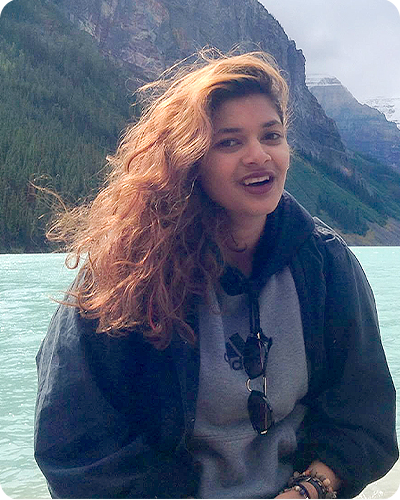
Aishah Khan
A recent writing and communications student who is slowly settling into her niches of feminism, mental health awareness and editorial writing. She is an avid reader and media consumer, and one of her all-time favourite books is A Tree Grows in Brooklyn. In her spare time, Aishah can either be found drawing or painting in the winter, and camping, canoeing and swimming in the summer.




